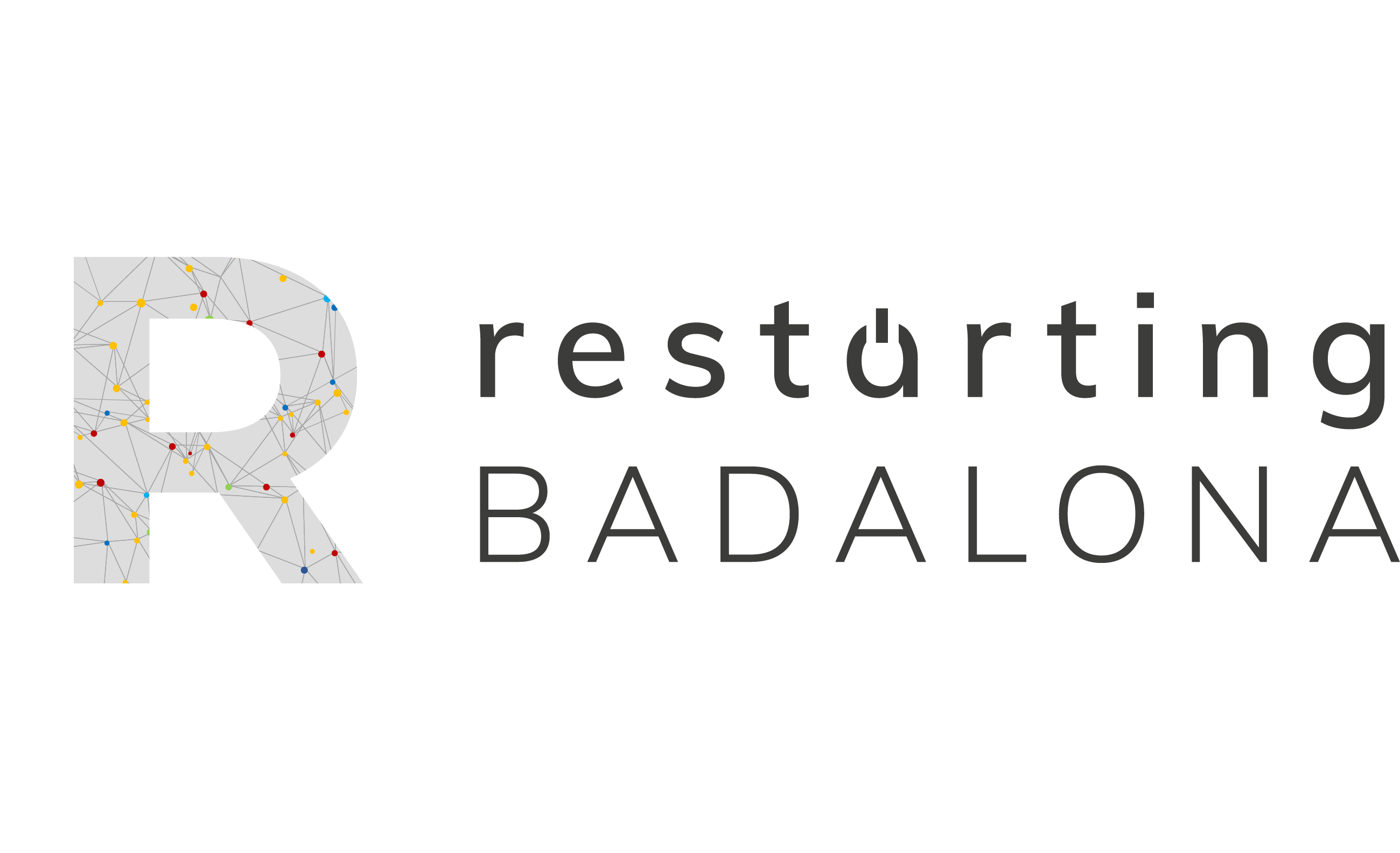
In The Man in Revolt, Albert Camus explains to us that the real revolt consists in saying no. One who does not deny, but who does not renounce. One who does not set limits and says “up to here yes, but beyond that no”. To be silent is to allow one to believe that nothing is judged or desired, that we don’t care. The rebel is the one who turns around, the one who stands up. Every gesture of revolt implies an awareness and invokes what is preferable over what is not.
In 1967, Muhammad Ali, then world boxing champion and an idol for many Americans, said he was not drafted to go to the Vietnam War: “My enemies are the whites, not the Viet Cong, not the Chinese or the Japanese. Whites are my opponents when I want freedom, when I want justice, and when I want equality. You don’t even defend me here at home in America and you want me to go somewhere and fight?” At that time, American public opinion was still very favorable to the war. Ali was sentenced to 5 years in prison and became defined as the most hated man in America. Finally, in June 1971, the Supreme Court agreed with him and he did not have to go to prison. In these 4 years, opposition to the Vietnam War grew tremendously and Ali became a very prominent figure of African-American racial pride during the civil rights movement and throughout his career..
We would find many examples of gestures of revolt that have marked decisive moments for the progress of humanity. But I think it is necessary to claim the no as a gesture of revolt in the proximity and in the day to day.
Gestures of revolt such as that of Bellprat, a small municipality in Anoia that was severely affected by the fire that started in Santa Coloma de Queralt in July of last year. There are now 3 energy projects that affect the town: a 65-hectare photovoltaic park 500 meters from the town, 10 wind turbines 200 meters high, and the project for a very high voltage line (MAT) that is projected only 200 meters from the urban area. Sounds like a joke, right? Bellprat has said no and has decided to put up barriers at the entrance of the town to prevent access to those who are going to carry out these projects.
I think it is necessary to vindicate the no as a gesture of revolt in the proximity and in the day to day
We must revolt when at the gas station they force us to go to the cashier to leave the DNI, go to fill the tank and pay again. As you can see, they don’t have to make a lot of effort to have clients: they solve their problems by making us work and, by the way, they increase profit margins.
We must rise up when they call us from the bank to tell us that we must go to the branch (one of those that no longer exist and that when you go you can spend half the morning to do a simple transaction) to present the DNI if we do not want our account to be blocked current because of I don’t know what regulations.
We must rise up when an official asks us to fill out a form with our data that that same administration already has because we have given them a thousand times. He must know that the law protects us in this.
Saying no and rebelling makes life difficult for us, but the alternative is to remain silent and bow our heads, abandoning ourselves to despair, accepting an unfair situation that very often leads to resentment and regret..
Watch out! Do not confuse the no of El hombre revolted with the culture of no, that of the NIMBY (Not In My Backyard) phenomenon, which systematically rejects any “ugly” infrastructure that could bother them (prisons, incinerators, detoxification centers, wind turbines, superblocks, etc.), as if solving the problems that affect us as a community was not up to them.
I also claim, now that local elections are approaching, the no to political proposals built with declarations of principles and words that sound good but are empty of concrete and realistic content. The gesture of revolt does not go through subscribing to the populist options built from irresponsibility, but by being much more demanding when deciding our vote, which once again implies awareness and effort.
To be able to say a convinced yes, you need to have said no a few times.
Martí Casamajó, member of the Restarting Badalona association



